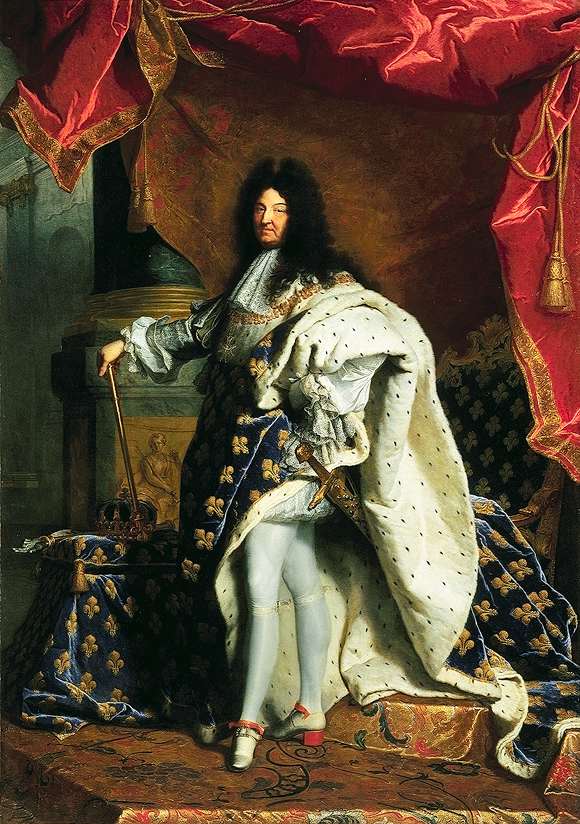The 2-hour program (click HERE to watch it online in its entirety) is hosted by author, historian and Harvard professor Niall Ferguson, who based the documentary on his recent book of the same name. The film has its cringe-inducing moments. Any talk of "black swans" or admonitions that "but then again, they thought they were on Planet Finance; they were in fact on Planet Earth" were unfortunate.

Phantom of the NYSE.
Yet large swaths of the history, distant and recent, of capital markets are told in a limited time -- and told fairly well. Paul Volcker, George Soros, Enron executives and Bill Gross of Pimco are all bundled in with (somewhat awkwardly) cattle ranchers.
The biggest question mark, and one of the biggest conclusions, is the role of China in the US's economic mess -- "Chimerica," as Ferguson has coined this symbiotic Faustian bargain. The housing bubble and consumption bubble (bursting as we read) were inflated by China putting government-mandated savings from exports into US bonds, keeping money cheap for us Americans to grow ever fatter off China's wares. And Ferguson makes it clear that the future relationship between the two will have to change if our economy is to grow back its limbs (I've suddenly given the US economy starfish-like properties).
But, though Ferguson throughout chides bankers who didn't know enough history to understand the present and future, he doesn't himself wager any conjecture as to what will happen to the mixed blessing of "Chimerica," and to the US and global economies.
Ferguson's fellow Briton, the Jordie and Yale historian Paul Kennedy (and, given his surname, a potential ethnic Scotsman), is much quicker to offer a forecast for the future, and in today's WSJ he foresees a geopolitical and economic decline for the US in the coming years. This is of course not a new thought -- after all, the US intelligence services had it before -- and it lies on presuppositions about the ability of China and India (a tiny, extremely defective economy) to continue growing at world-record paces. But Kennedy's vision of the future is certainly a possibility, and must thus be guarded against.
One truly interesting point of his is to note the glibness with which politicians seem to be assuming foreign governments (with China front and center) will eagerly lap up the bonds to be issued to pay for President-elect Obama's proposed stimulus package. Kennedy contrasts the spendthrift ways of today's United States -- reminiscent of the wastrel monarchies of Louis XIV in France and Philip II in Spain -- with the way America issued debt as recently as WWII. Back then, we relied on ourselves to buy bonds, rather than sell our future to the Chinese Communist Party-animals (would that they were real college party-animals!).


Which of these is not like the others? ... And which will Obama be like?
Once again, the difficulties and limits (which we seem to be reaching rapidly) of "Chimerica" are evident. Maybe Obama will sound the call for Rosies the Riveter, but even if he doesn't, individual Americans need to issue and heed their own calls to stop spending all their earnings at Wal-Mart buying another Chinese lamp they don't really need. We need to impose some self-restraint on ourselves again, and rediscover the ethos that once made us productive, imaginative, frugal and visionary. Maybe I'll even go dust off my Emerson.
P.S. More on the above: David Sanger, New York Times correspondent and author of "The Inheritance: The Challenges Obama Confronts," speculates on Charlie Rose (here) that, had George W. Bushtard not invaded Iraq, the US would have used his second term to engage a debate about our economy and economic competitiveness with China. That did not happen. It didn't happen with a bang. Hopefully, in 3 years, as Obama gears to run for re-election and recession slowly slips away, we'll be able to return to that topic.




No comments:
Post a Comment